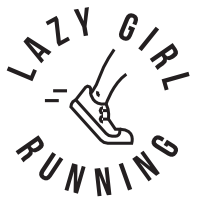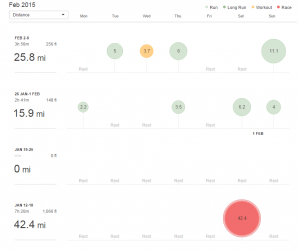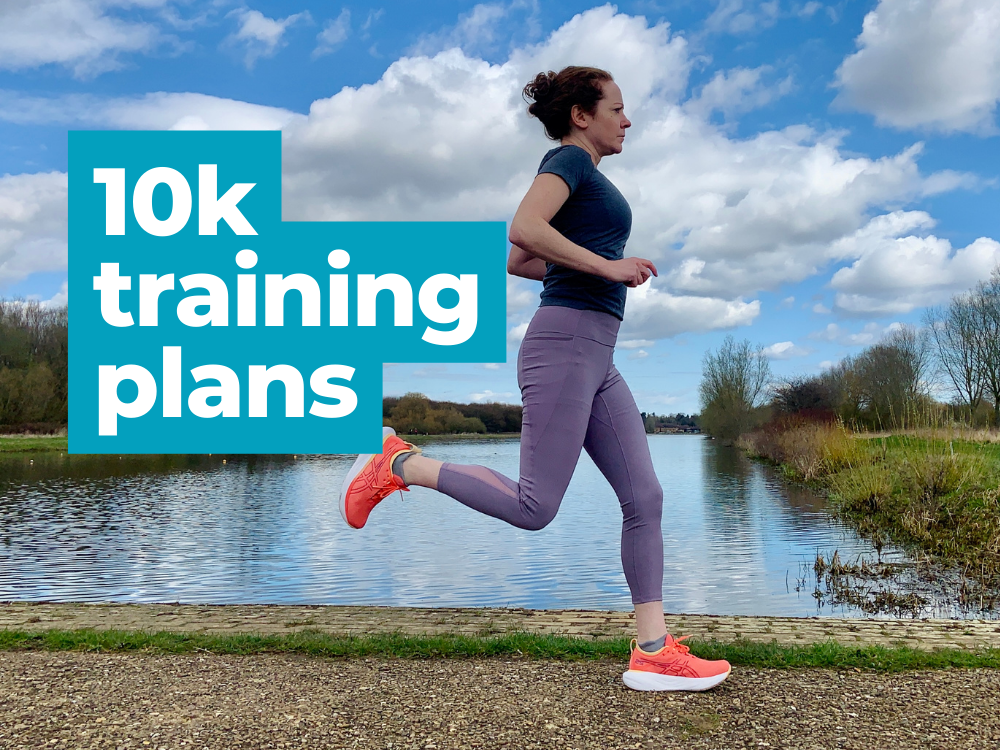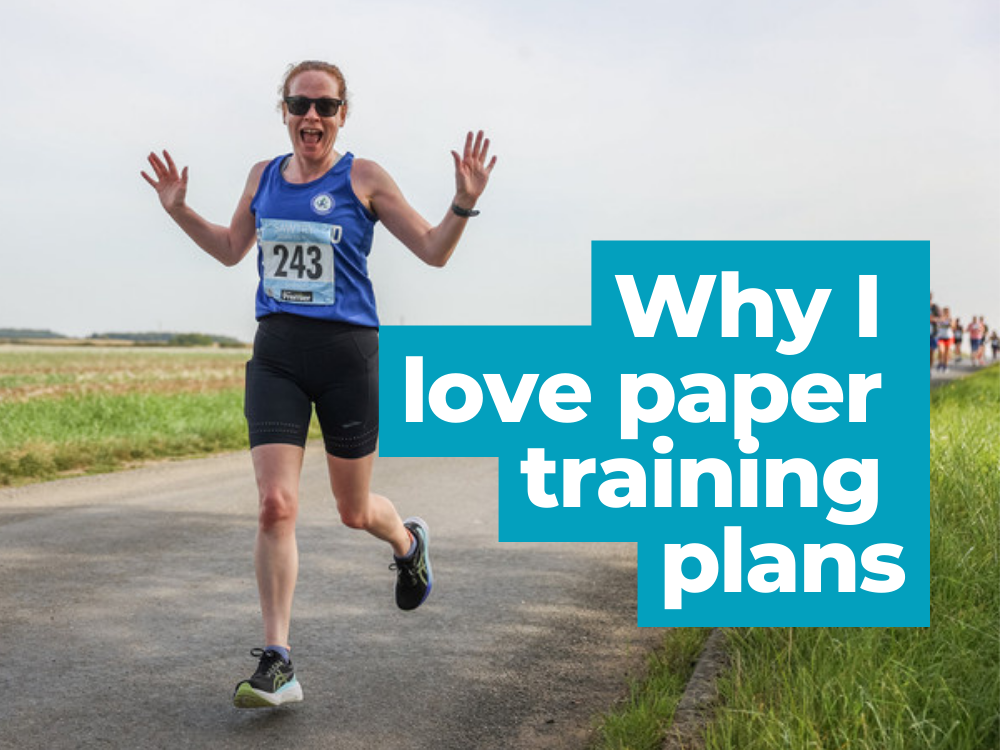I love writing training plans. Whether it’s for me or for someone else, taking a fresh sheet of paper, a calendar and some coloured pens and writing and scribbling until it all makes sense pleases me. I love putting in the training for a goal race, ticking off the sessions I’ve planned and seeing the miles mount up. And, when things don’t go to plan, adjusting plans and solving problems has it’s own satisfaction.
Training for an ultra marathon has been a bit of a learning curve, both about what my body can do and the amount of training needed. I spoke to a few people, read a few things and listened to my body when drawing up my plan for Country to Capital. I finished the race feeling good and two hours quicker than I anticipated it taking. The plan worked.
But the plan didn’t finish on race day; I’d allowed an extra three weeks after the race. These weeks were devoted to rest and recovery.
It was difficult not to run some days. After a summer of triathlon with running taking a backseat, partly through not having the time and partly because I was scared my shin splints would recur, I’d been really enjoying running more. I was running five days a week before the ultra and not one of those runs felt like a drag. I loved them.
But the schedule said rest, and so I rested.
I went to the pub after the race, drank some beer and then staggered home. I spent the next day on the sofa taking part in a Netflix ultra marathon. Two days after the race I had to lead my beginners. They were running 2 or 3 minutes at a time and it would have been easy for me to justify this as not interfering with my recovery. Instead I adapted the session to send them out on 400m loops while I watched.
I didn’t run for 10 days, and when I did return it was gradual. I ran a couple of miles here and there. It wasn’t very glamorous, it wasn’t Strava segment grabbing, I wasn’t smashing anything up – but I also wasn’t smashing my legs up.
Everyone is different. But I see far too many people who rush out after their goal race, rush their recovery and, a few weeks down the line, find themselves injured. It’s easy to do when most training plans end the day of your race. Next time you plan your training for a big race, plan your recovery too. Whatever that looks like for you.
Don’t be scared that you’ll lose fitness. It’s quicker and easier to get your fitness back than it is to recover from an injury.







I like this Laura. Some much-needed common sense amongst the world of stats and leaderboads. I hope you enjoyed your rest after doing so well at C2C!
A good point Laura. Last year I didn’t take enough time off after my marathon. I thought I was feeling good and was desperate to run. Lo and behold, a few weeks later I was injured and there was no running for 5 months! This year I’ll be paying much closer attention to my recovery and once I’ve rested for a week or so, getting on my bike instead.
Hope you’re all recovered now.